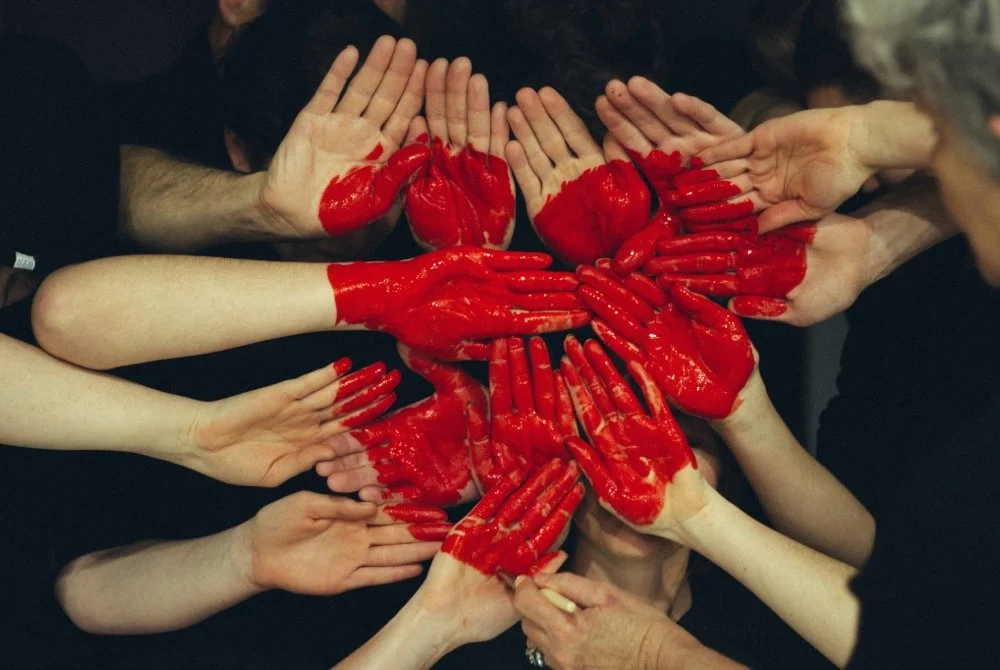Will ChatGPT Replace Therapy?
In a world increasingly driven by technology, AI tools like ChatGPT have made incredible strides in supporting mental health awareness, providing immediate responses to queries, and offering comfort in moments of isolation. But can artificial intelligence ever truly replace the deeply human experience of therapy? In my view, the answer is a definitive no.
The Limitations of AI in Therapy
1. Absence of Genuine Empathy: While AI can simulate understanding by recognising patterns and responding in supportive ways, true empathy—the deeply felt human ability to connect emotionally and intuitively—is beyond the reach of algorithms. Genuine empathy involves not only understanding spoken words but also reading nuanced emotional cues like facial expressions, body language, and vocal tone.
2. Lack of Human Intuition: Therapists often rely on their intuition and years of experience to uncover deeper emotional issues that may not be immediately apparent. AI, bound by data inputs and pre-existing patterns, lacks the subtlety and depth to make intuitive leaps that can lead to critical breakthroughs in therapy.
3. Missing the Human Connection: At its core, therapy is a relational process. It thrives on authentic human interaction, trust-building, and emotional resonance—things that are irreplaceable and vital for real, lasting change. Human connection itself has profound healing properties, fostering a sense of belonging and reducing feelings of isolation.
4. Ethical Concerns and Privacy: AI systems handle sensitive emotional data without the inherent understanding of privacy and confidentiality that guides human therapists. The risks associated with data breaches or misuse further highlight the importance of human judgment and ethical responsibility.
The Need for More Human Contact, Not Less
Today, more than ever, human contact and emotional closeness are critical. Digital communication, while efficient, often leaves individuals feeling isolated or superficially connected. Real-life therapy provides an authentic human experience, facilitating healing through genuine relationships.
Face-to-face interactions with therapists create safe spaces where clients can be vulnerable without fear of judgment. The subtleties of human presence—a reassuring nod, an understanding glance, or simply holding compassionate space—cannot be replicated by any algorithm, no matter how advanced.
Complementing, Not Replacing
AI tools like ChatGPT do have value as supportive resources. They can offer guidance, quick information, and temporary solace. However, their role should remain complementary, providing initial steps towards seeking professional help or serving as supplementary resources between sessions.
Final Thoughts
Therapy is fundamentally a human endeavour, built on empathy, trust, intuition, and the irreplaceable warmth of genuine human interaction. While AI can augment aspects of mental health support, it can never fully replace the unique power of human connection. Rather than less human interaction, what we truly need is more authentic, compassionate, and empathetic human relationships.
I'm Jonathan, a Certified BodyTalk Practitioner and Stress and Anxiety Expert. If you feel the need to recalibrate your Inner Compass and reconnect with yourself, let’s explore this journey together. Schedule your FREE 30-minute consultation today.
